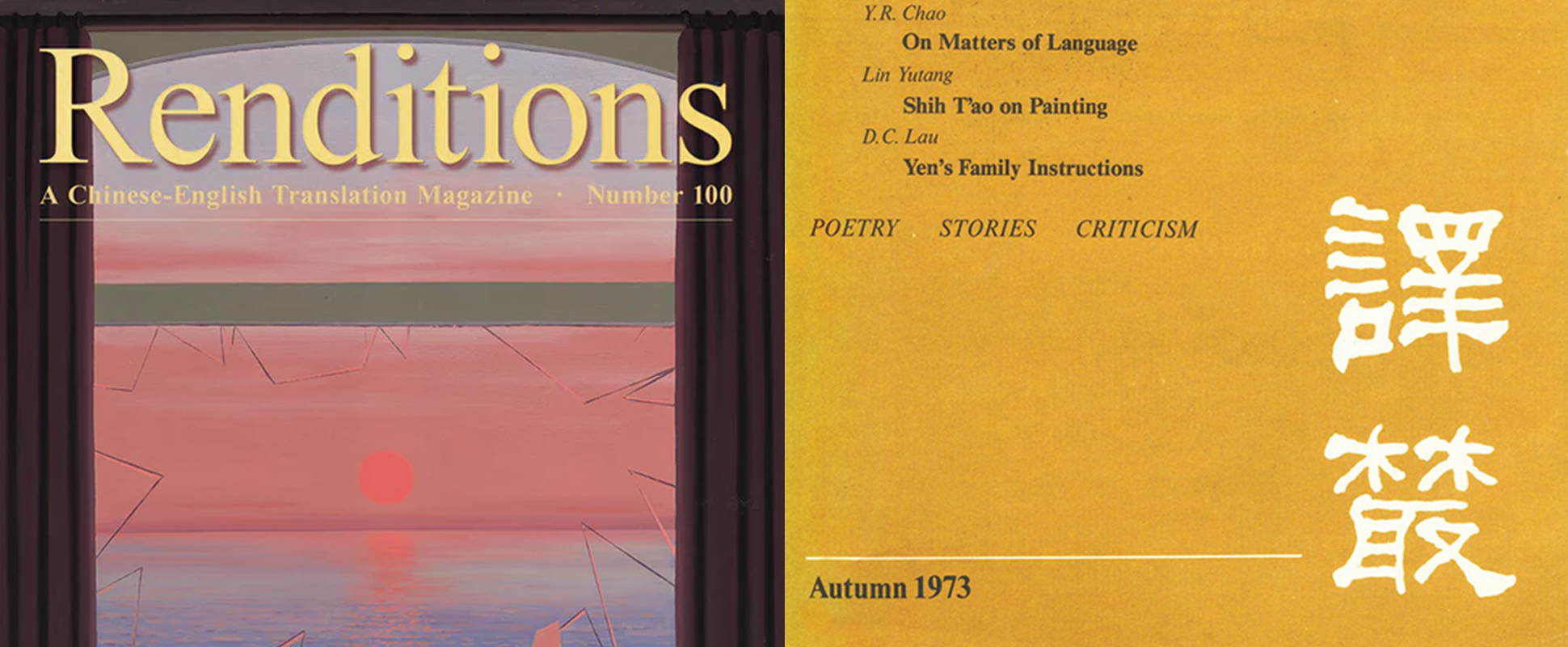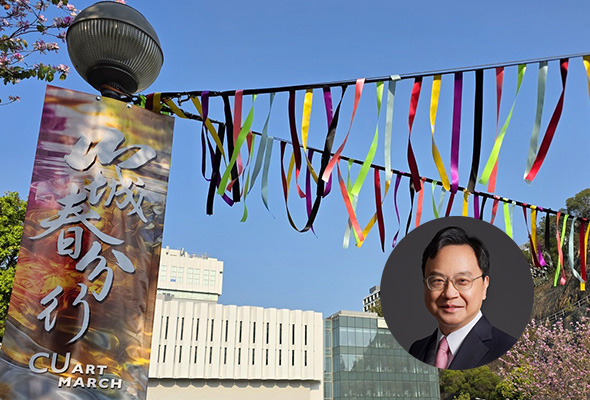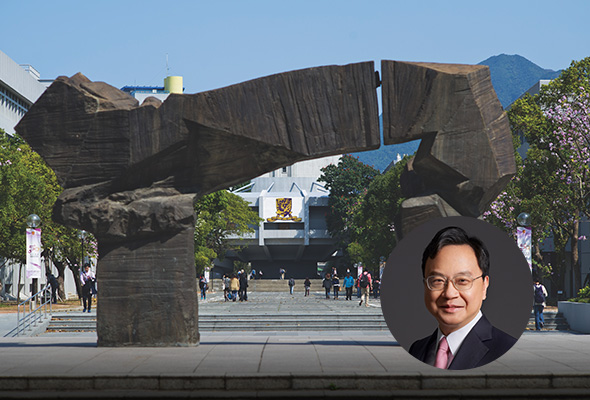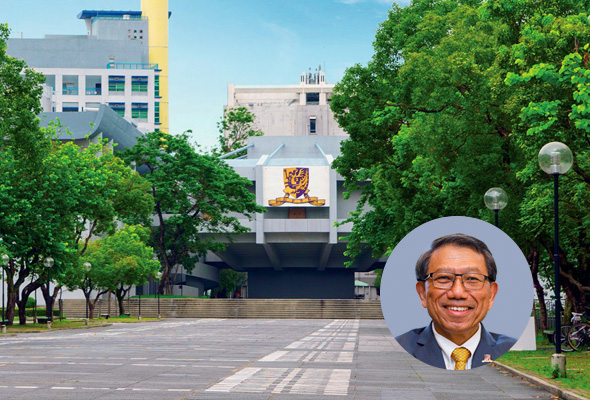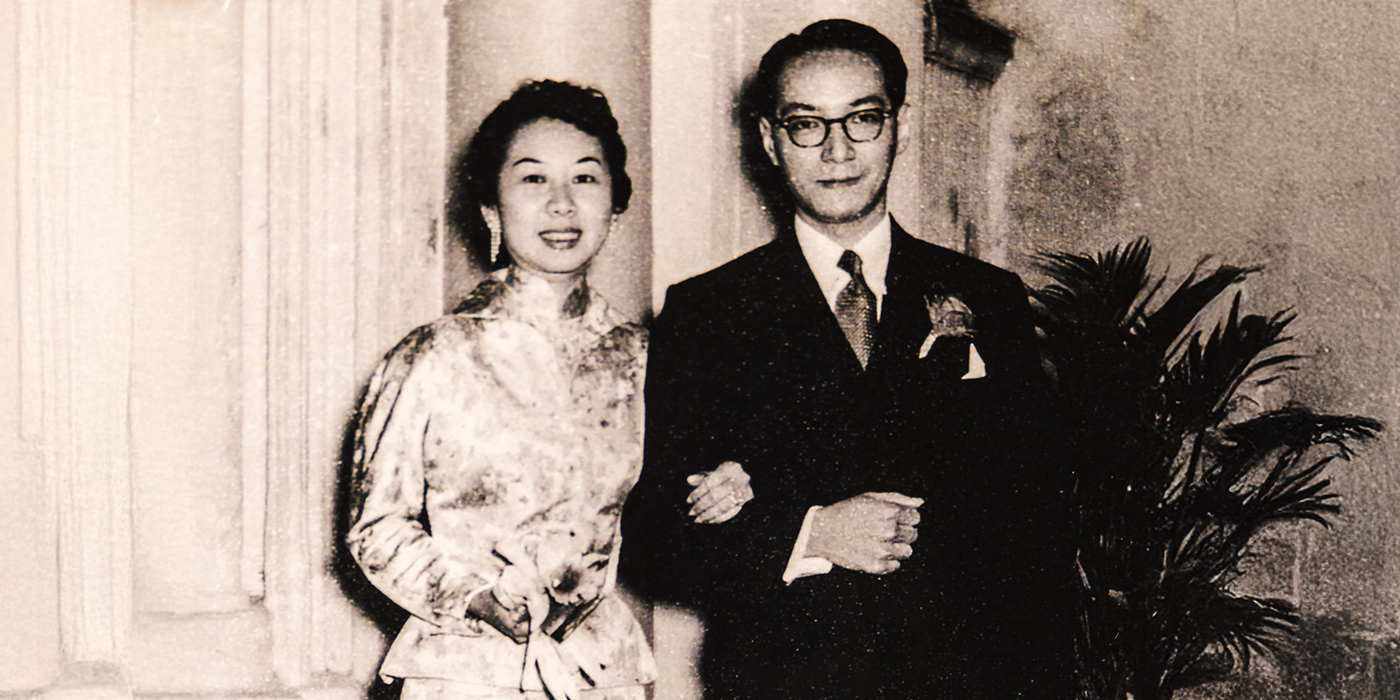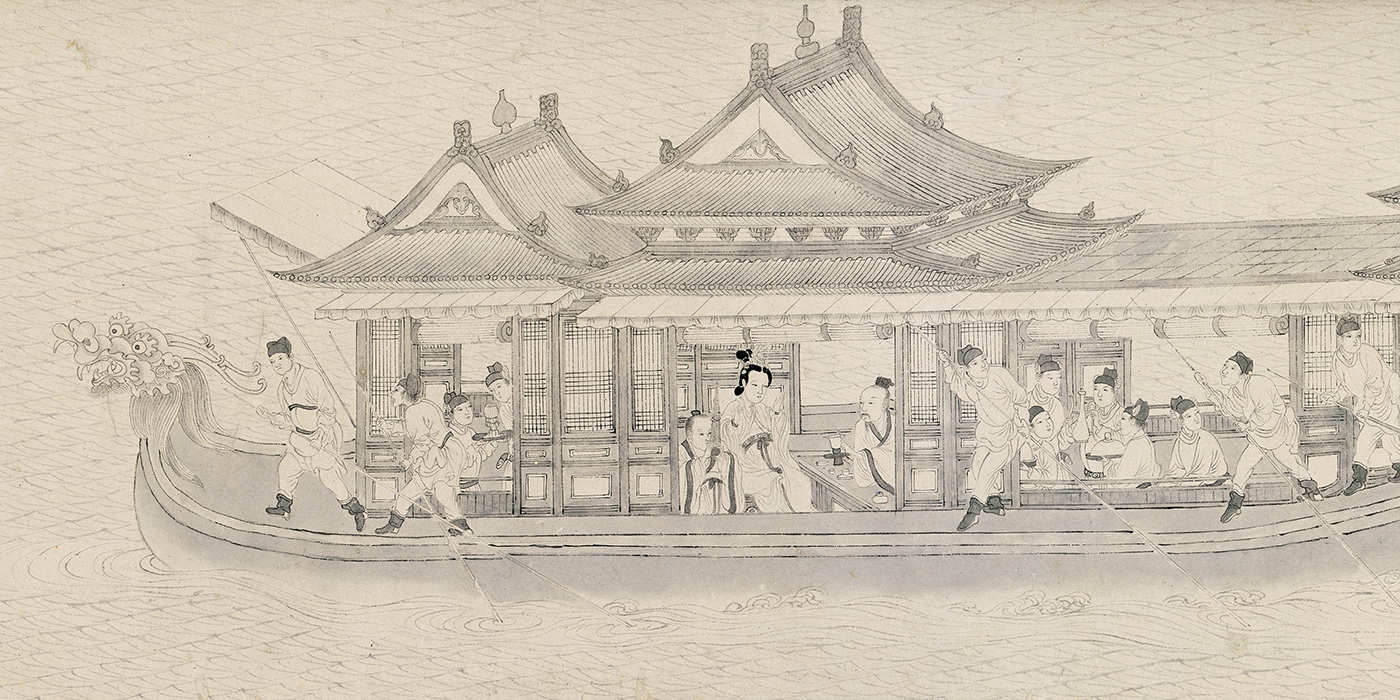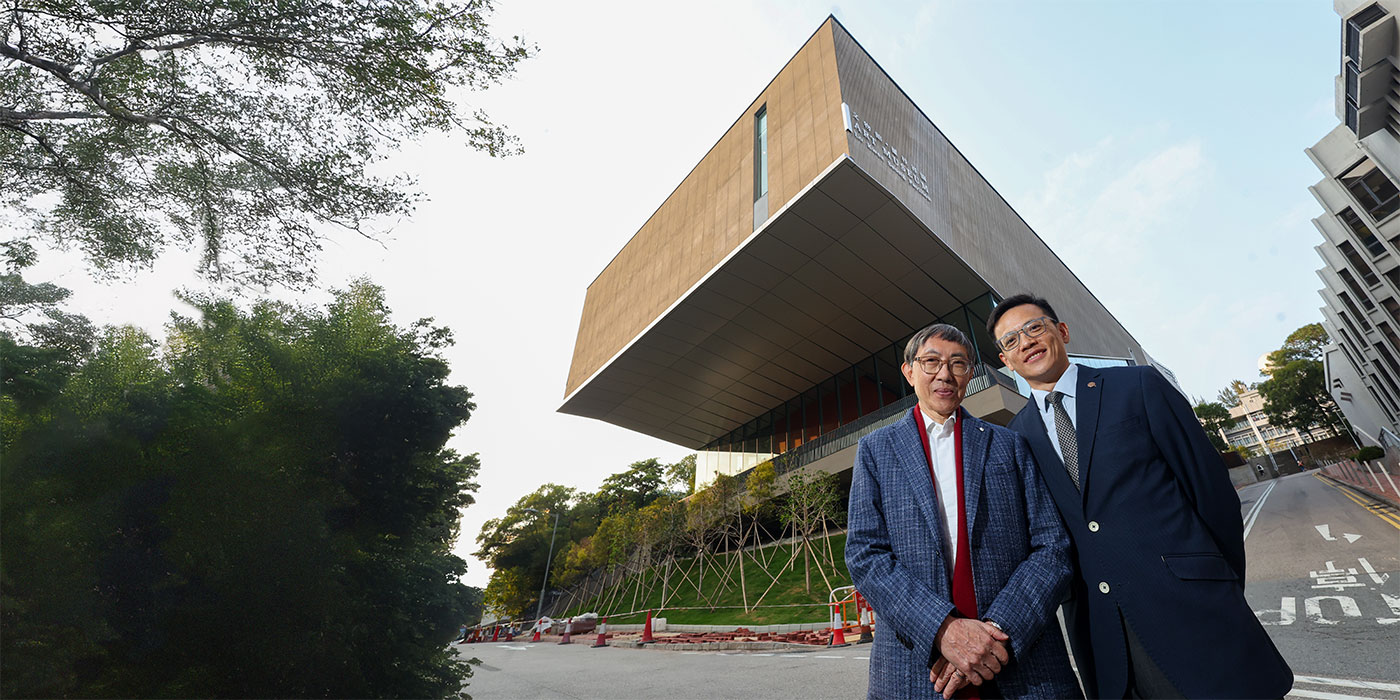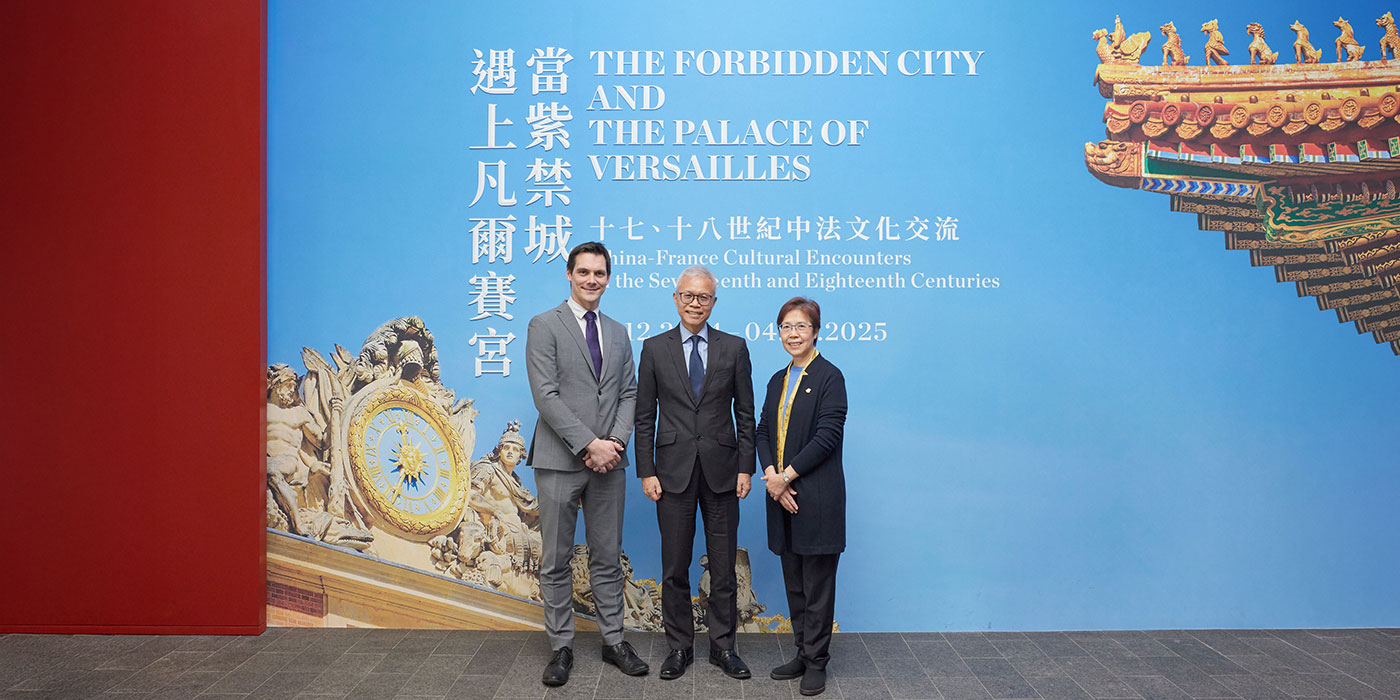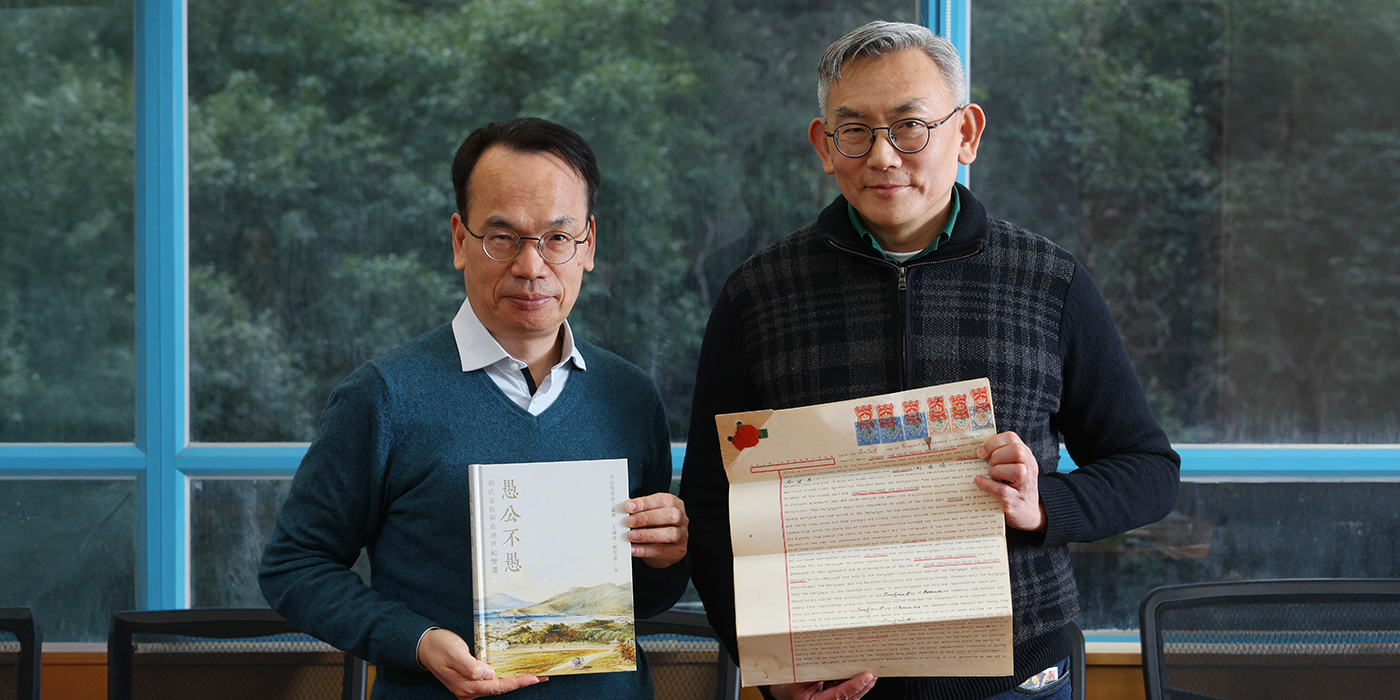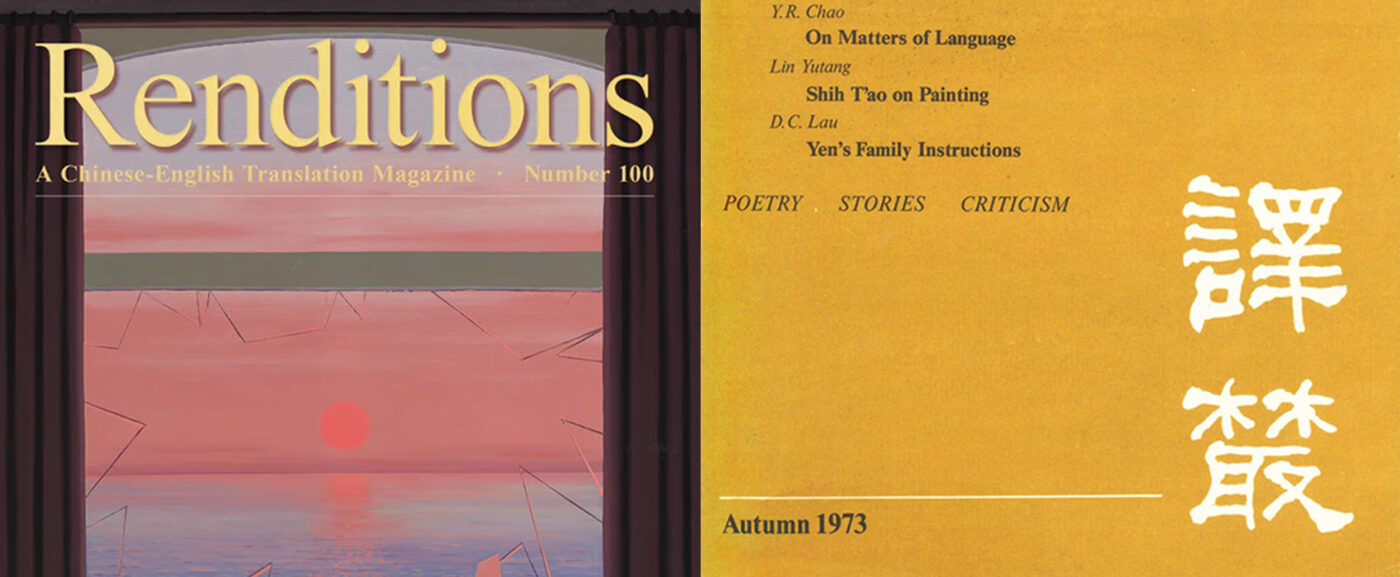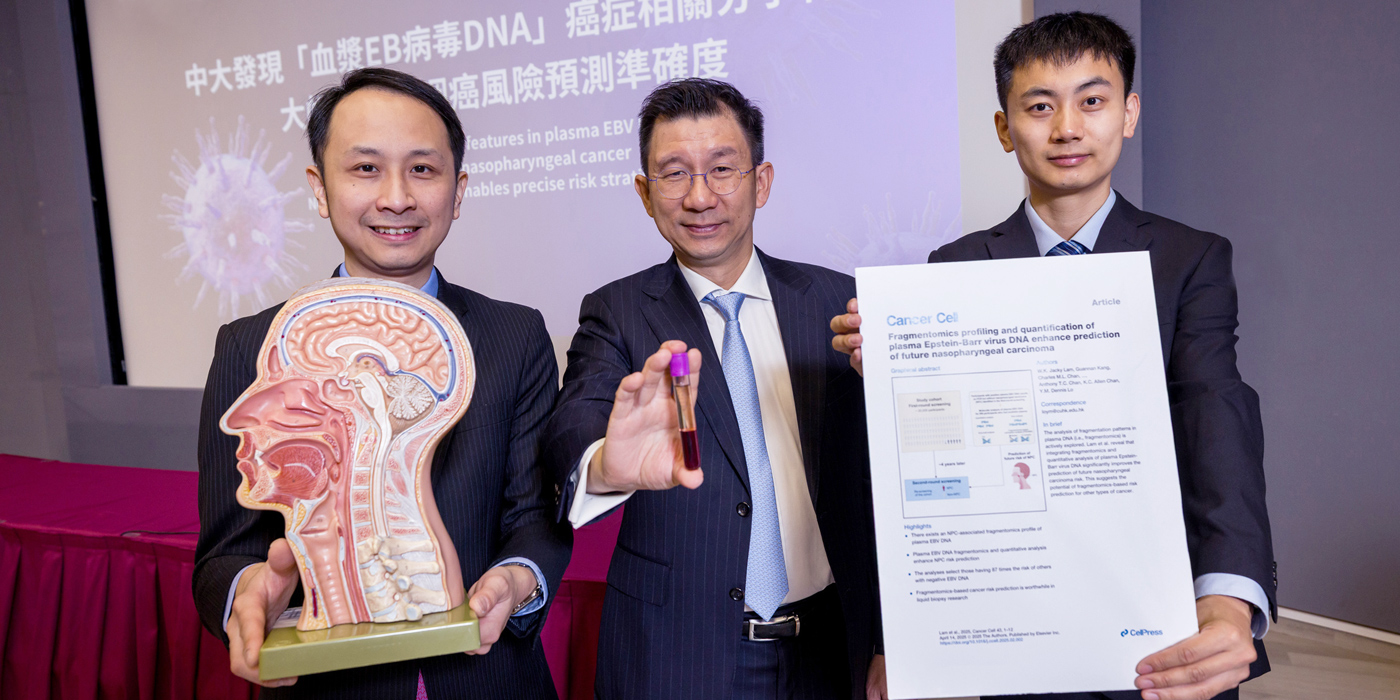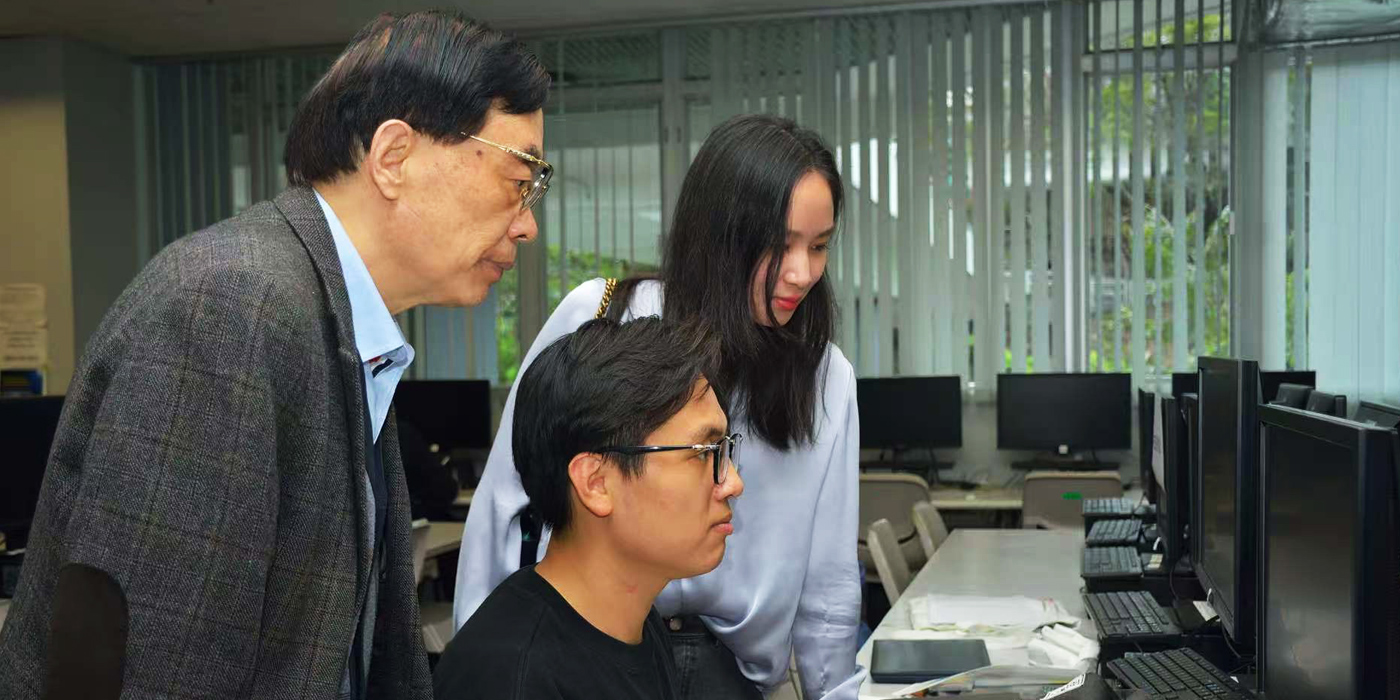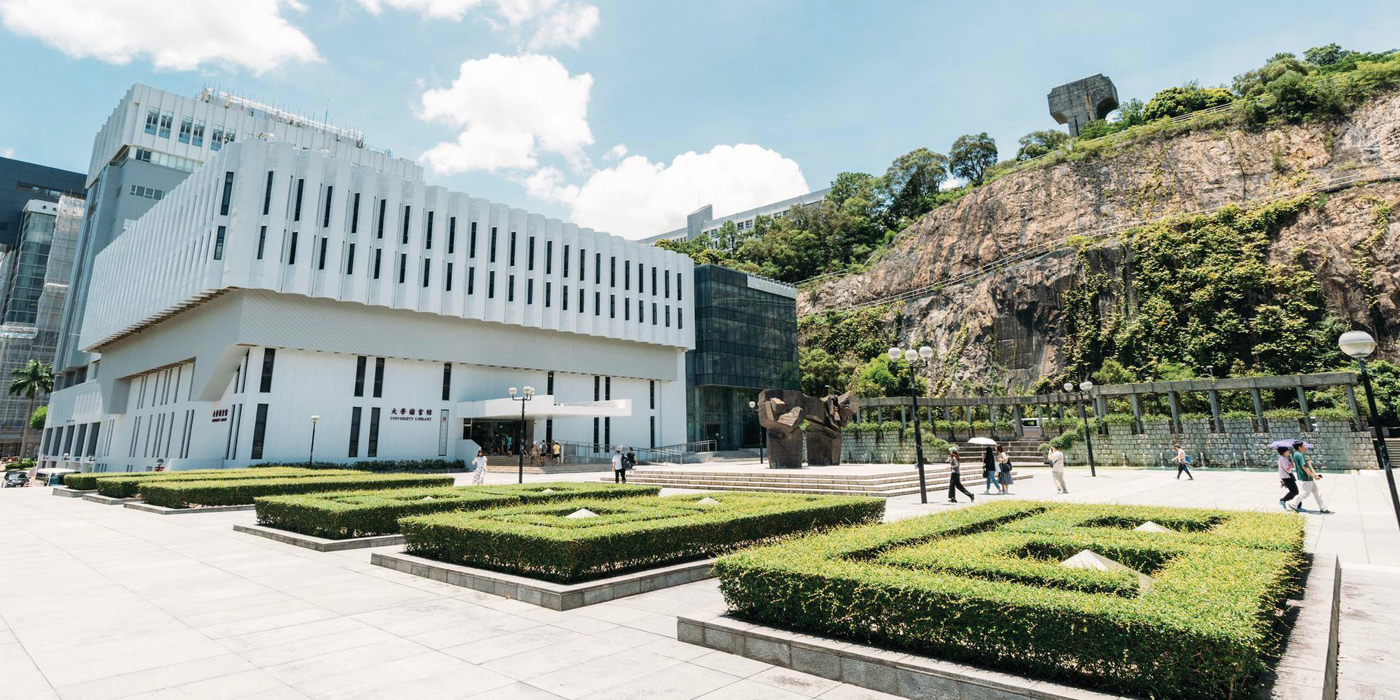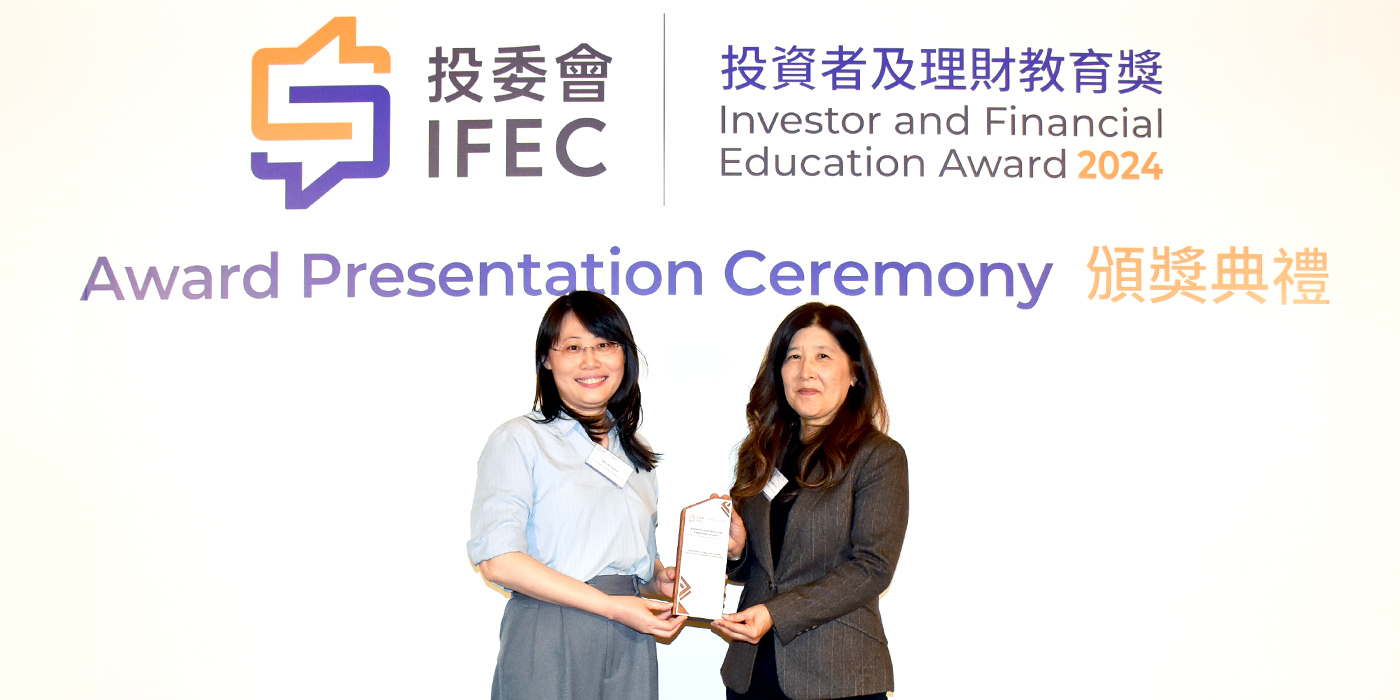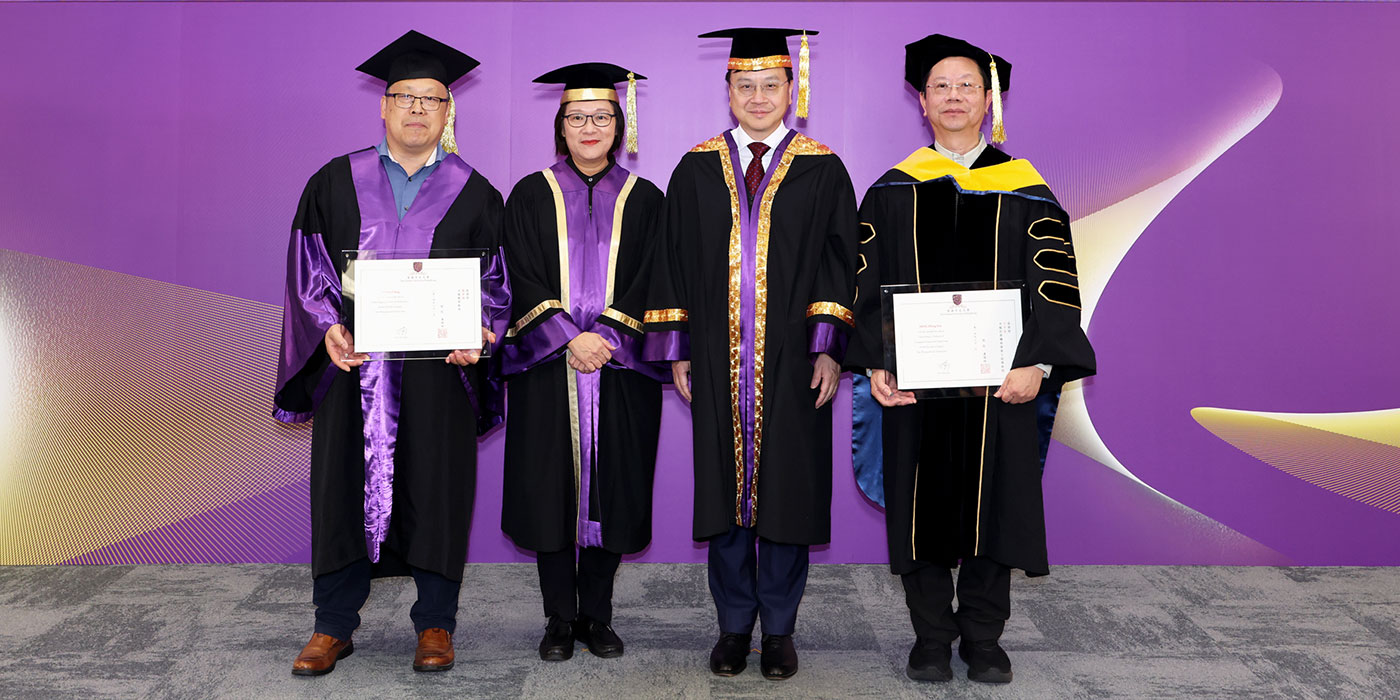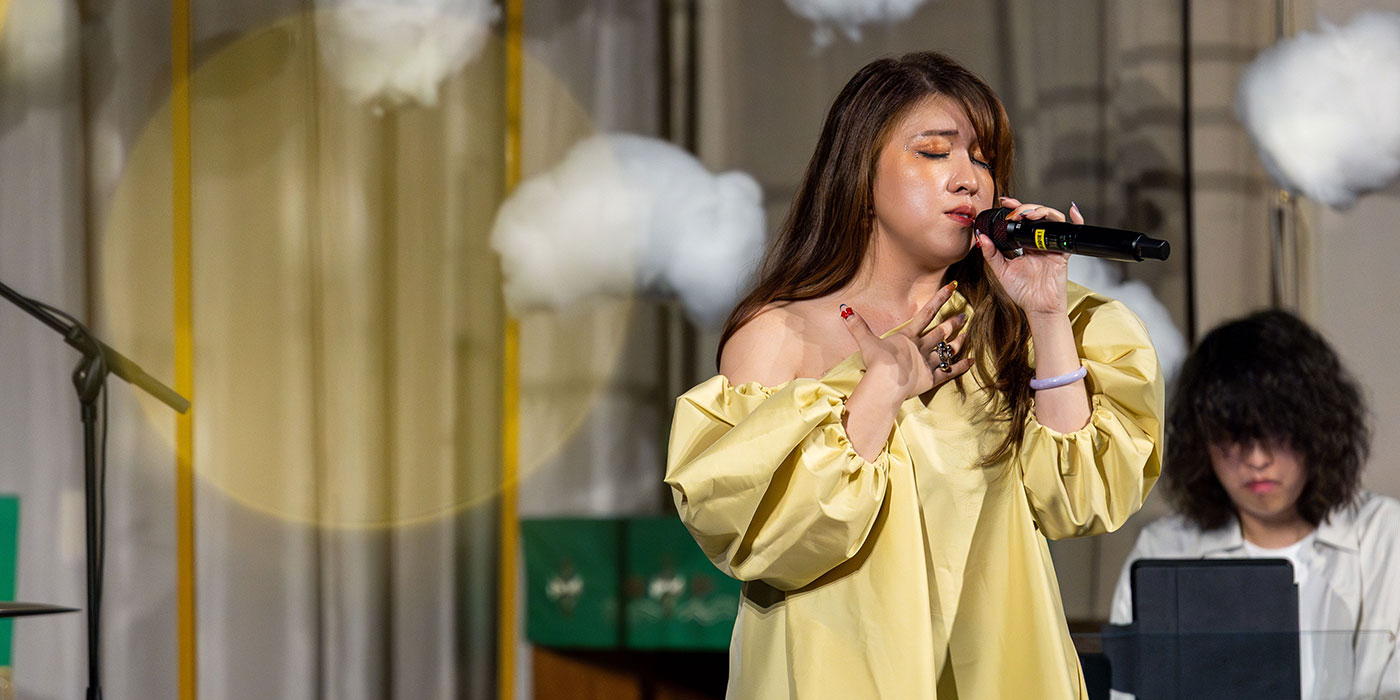Bringing the beauty of Chinese literature to the English-speaking world
CUHK’s iconic translation journal Renditions bids farewell
Translation is an art of bridging cultures. For more than half a century CUHK’s translation journal Renditions has been doing just that, introducing English-language readers to China’s rich literary and intellectual tradition, from antiquity to the 21st century.
But changing times and shifts in the publishing landscape, especially for budget constrained libraries, have all taken a toll. After 100 issues, the CUHK Research Centre for Translation’s flagship translation journal recently folded. However, Renditions’ legacy of scholarly excellence lives on, as do its countless contributions to cultural exchange between China and the West during a momentous period of re-engagement.
Professor Theodore Huters, who is professor emeritus at the Department of Asian Languages and Cultures at the University of California, Los Angeles, was Chief Editor of Renditions from 2010 until September last year. In an online interview with CUHK in Focus, he looks back on the journal’s role as a global gateway to the Chinese literary world.
He says that literary scholars see Hong Kong as a unique hub where Chinese and Western cultures converge, creating a dynamic literary landscape that accommodates diverse literary narratives, which allowed Renditions to thrive for so long.
“Renditions was the only journal of its kind,” says the scholar. “When Renditions first made its appearance in 1973, foreign language publishing in Beijing faced a certain amount of political pressure. Therefore, Hong Kong was a perfect place for us to publish works from China, Hong Kong and Taiwan openly, and make those works available to the world.”
Renditions was launched to mark CUHK’s tenth anniversary. Published twice per year with the full support of the University administration, the journal assembled an editorial team combining experienced translators from overseas and young local talent, with George Kao and Stephen C. Soong, both established writers and translators, as the founding editors. The team benefited from guidance of an advisory board composed of distinguished scholars in the arts and the international translation fraternity. The Wing Lung Bank Chinese Culture Development Fund established by Dr Wu Yee-sun and his brothers also supported the development of the journal.
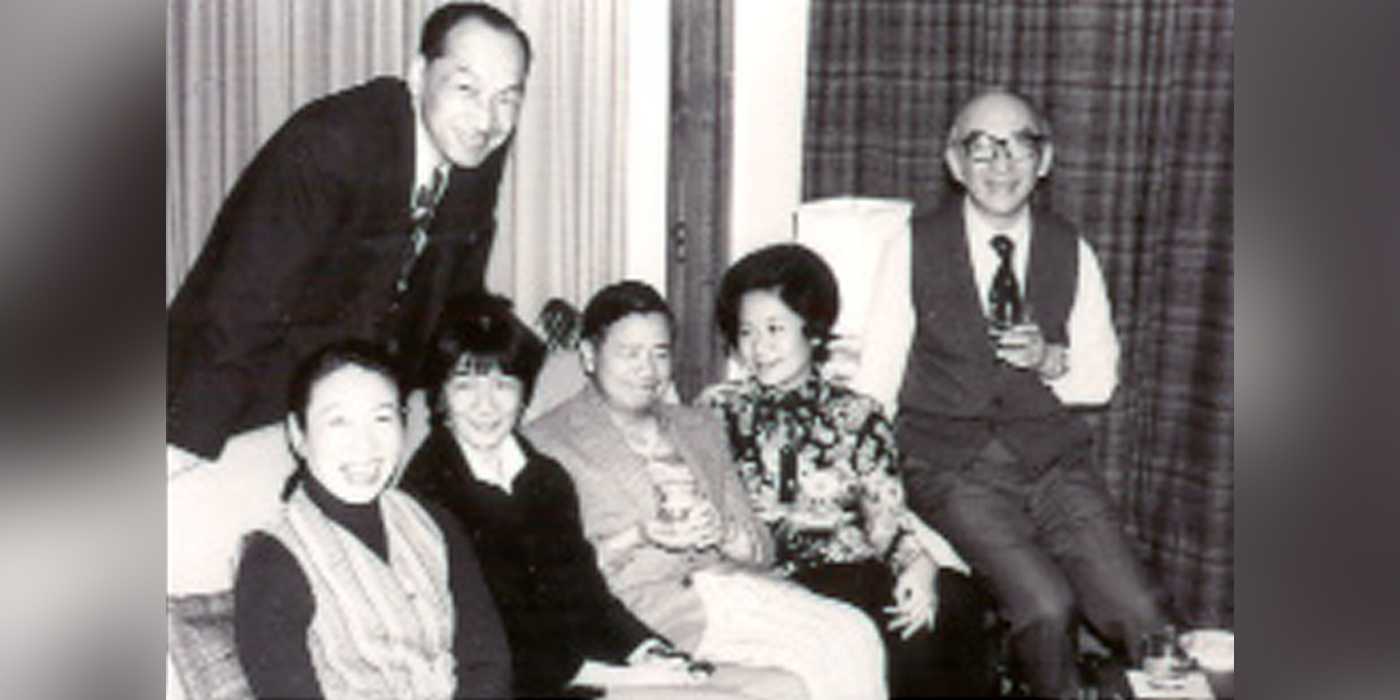
The mission of the Chinese-into-English translation magazine, according to the University’s founding Vice-Chancellor Professor Choh-Ming Li, was to make accessible to Western readers selected Chinese writings in the humanistic fields. “Renditions… is designed for the general reader with an educated curiosity about Chinese culture, presenting to him materials originally intended for Chinese eyes,” he wrote in a foreword to the inaugural issue. “In this age of greater intercultural communication a new interest in the art of translation is evident… we hope that [the journal] affords some fresh glimpses and insights into Chinese life and thought.”
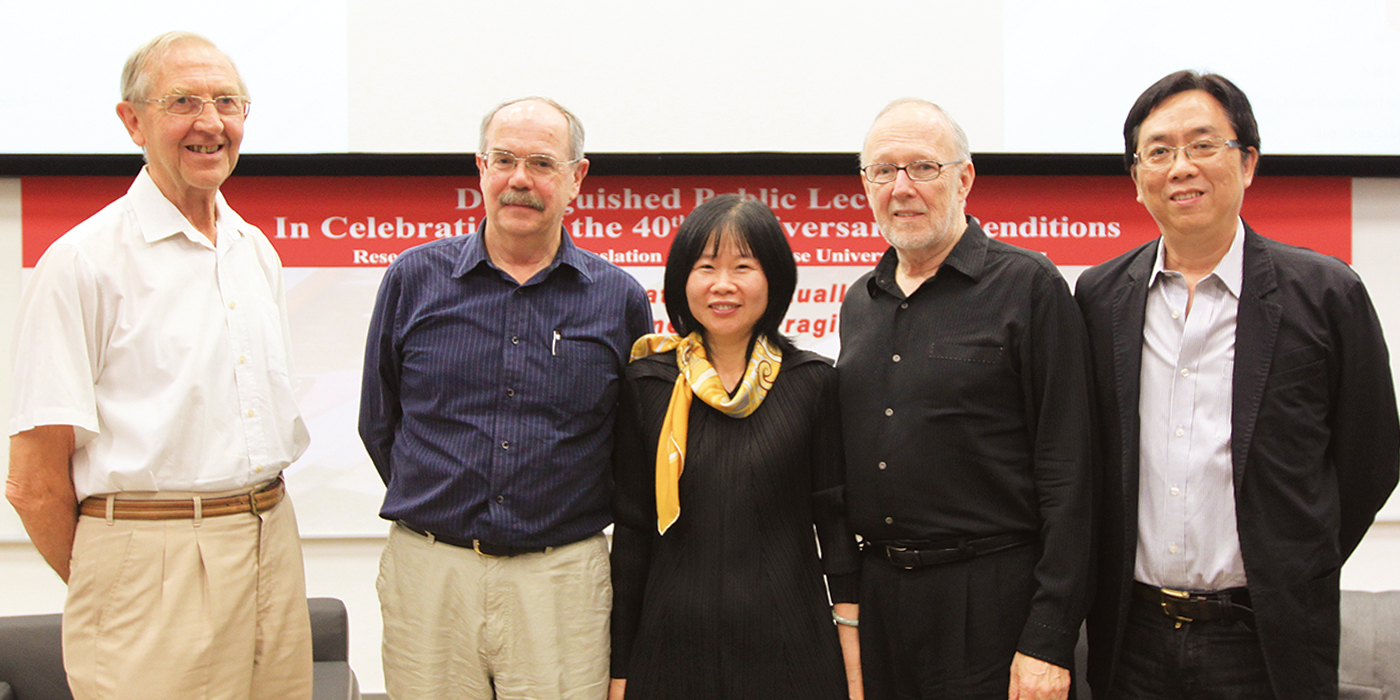
According to Professor Huters, Renditions was well received from the outset, with many respected figures such as American sinologist Burton Watson submitting translations of classical prose from the Hou Han Shu and Tang and Song poetry, and contemporary Taiwan-based writer Pai Hsien-yung’s co-translation of his own work, Wandering in the Garden Waking from a Dream. Since its inception, the publication covered a rich variety of literary expression spanning over 2000 years, with poetry, prose, and fiction by classical and contemporary writers. It earned international repute as one of the top translation journals in the world. Its articles and related publications continue to be widely used as instruction materials for Asian studies in the English-speaking world.

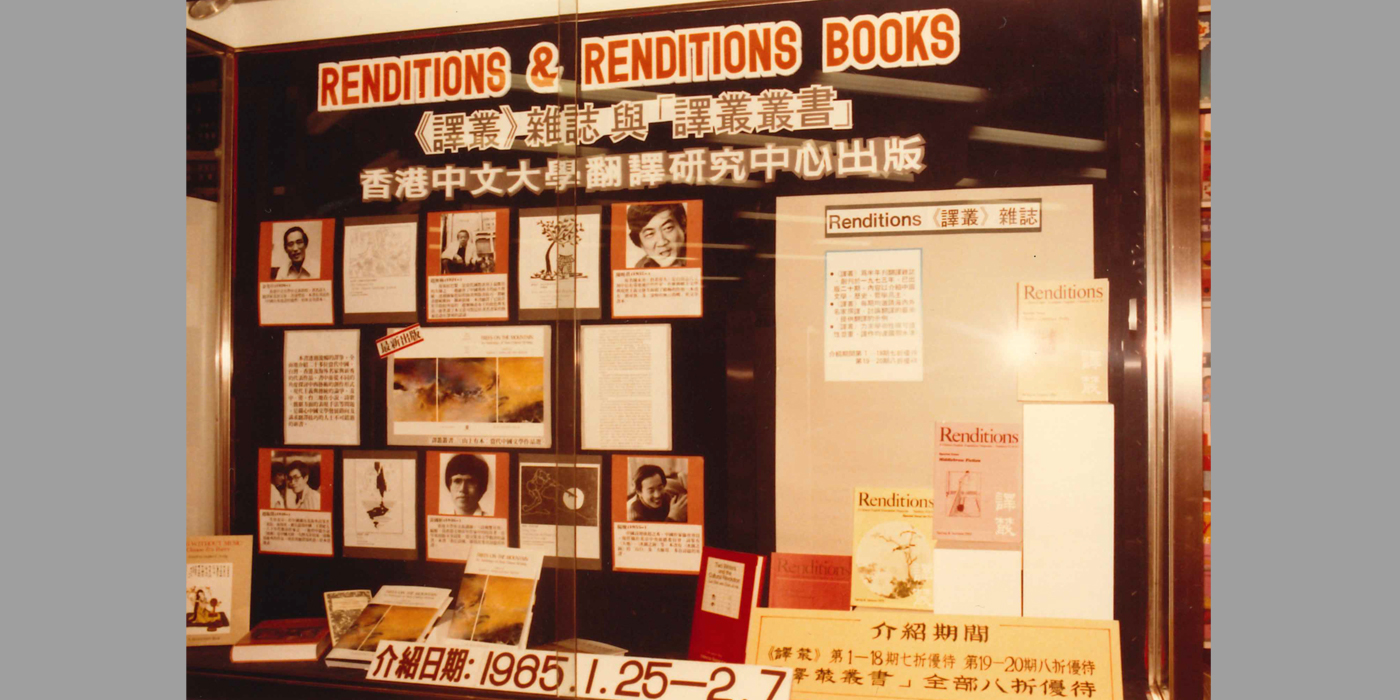
Renditions has also presented translations of different genres by renowned Sinophone authors from different parts of Southeast Asia. For example, it devoted a special issue to the Shanghai modernist novelist Eileen Chang, and also featured translations of works by contemporary Hong Kong writers Xi Xi and Dung Kai-cheung, as well as a collection of transregional Singapore Chinese Literature. A special issue on Modern Taiwan Poetry was also published in Spring 2023.
For Professor Huters among the most memorable projects was the double issue 77 and 78 in 2012, which featured English translations of the Chinese science fiction of the late Qing and the contemporary periods. A popular genre but less studied nowadays, science fiction at that time mingled nationalism with fantasy, amalgamated politics with scientific narratives and commented on social phenomena. The translation project was meant to provide glimpses into previously unfamiliar areas of the imaginative universe of Chinese literature.
The professor also recalls a special issue dedicated to celebrating Yang Jiang (楊絳)’s centenary year. Yang was a contemporary Chinese writer, scholar and translator. “Yang Jiang gave the rights to her literary property to a friend of hers,” Professor Huter recounts. “We had a hard time trying to smooth things out, and finally we managed to do it. It was quite an experience.”
As editor of a world-leading translation journal, Professor Huters believes in a collaborative approach with translators. This allows for an exchange of ideas which, in turn, leads to a deeper understanding, and even new interpretations, of a text and its nuances. “The best is when both editor and the translator discuss their interpretations and make necessary adjustments, so as to come up with the most effective translation,” he says. “It makes me most happy when the translator actively collaborates with the editor to make things better.”
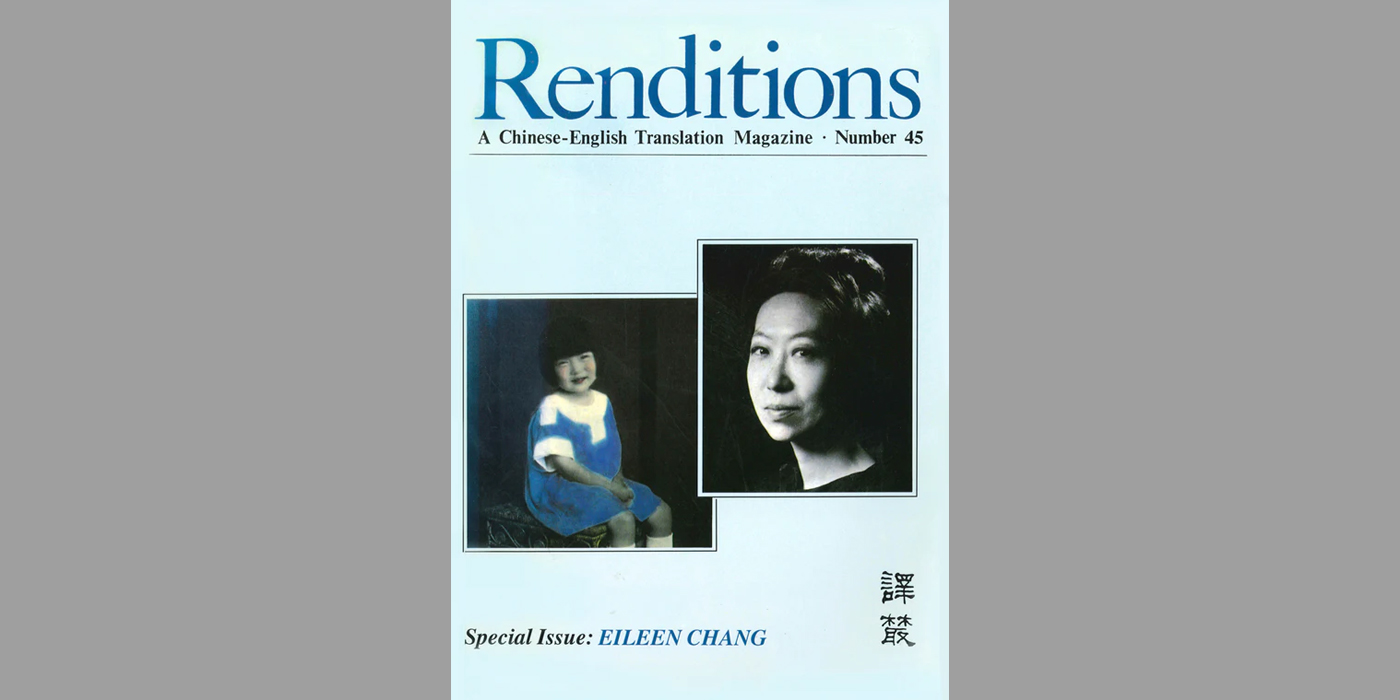
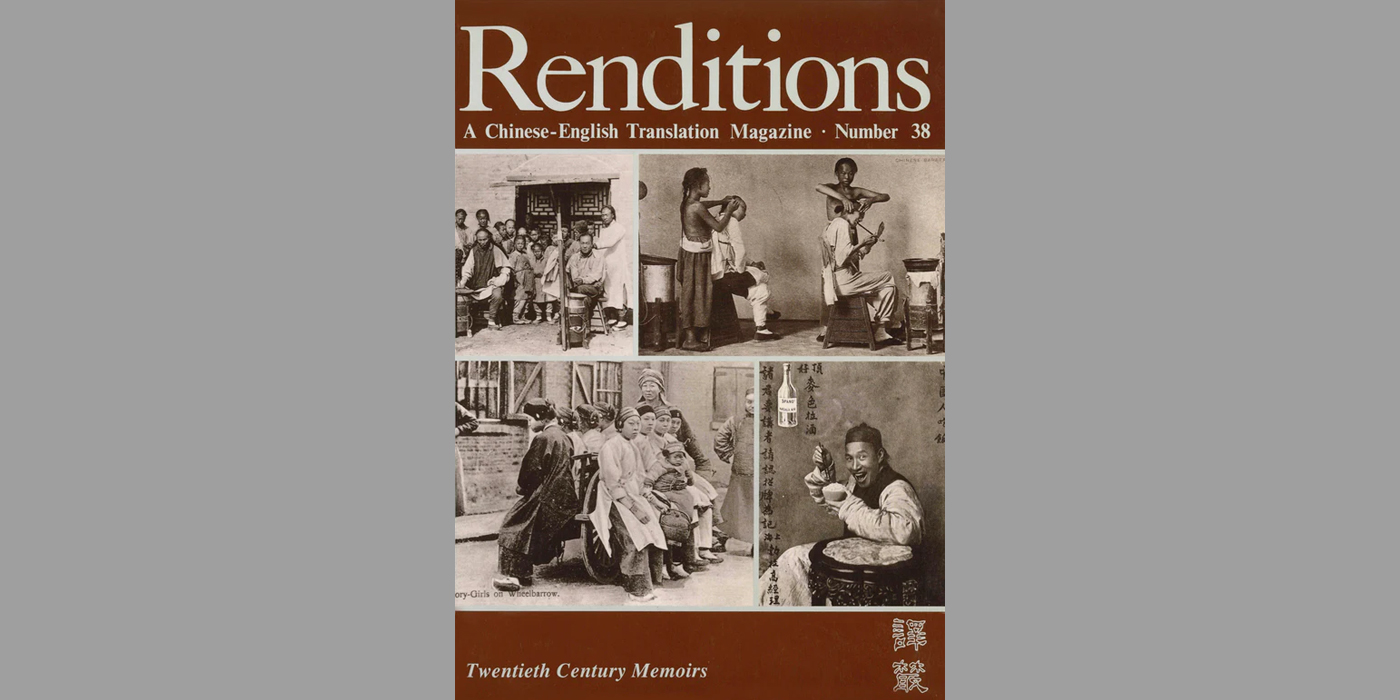
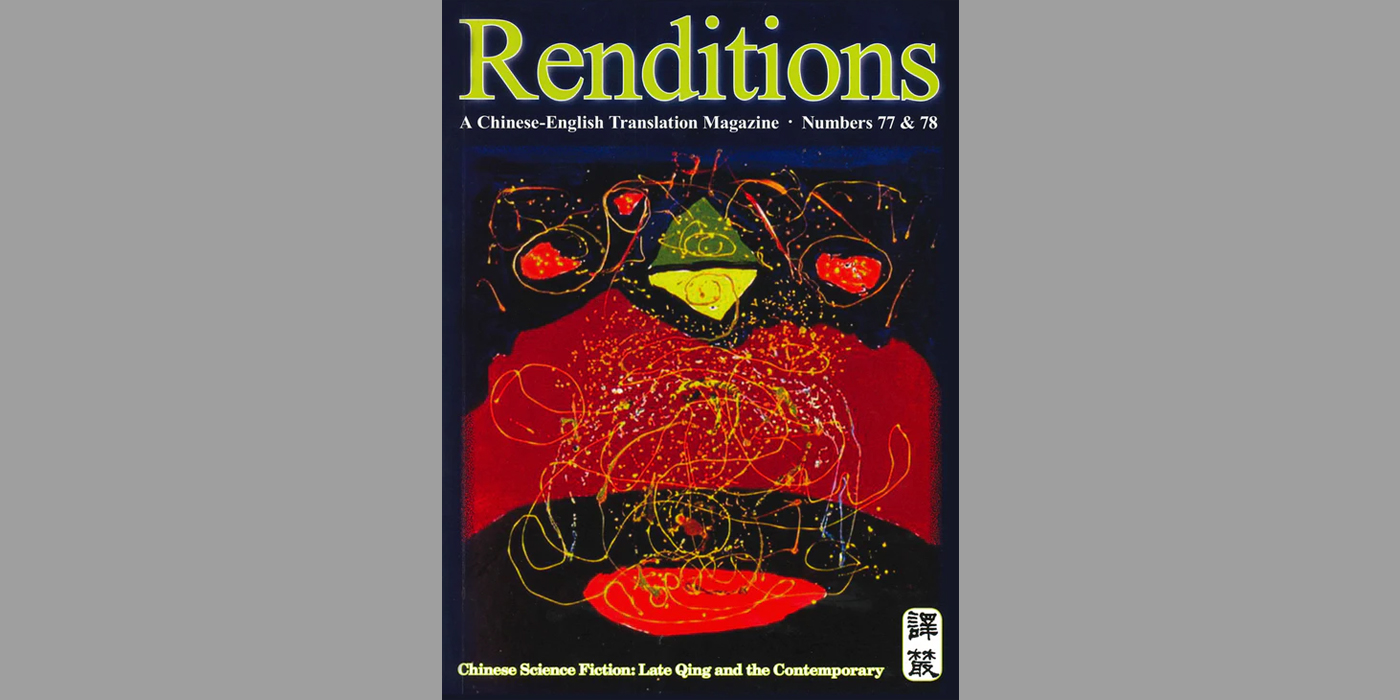
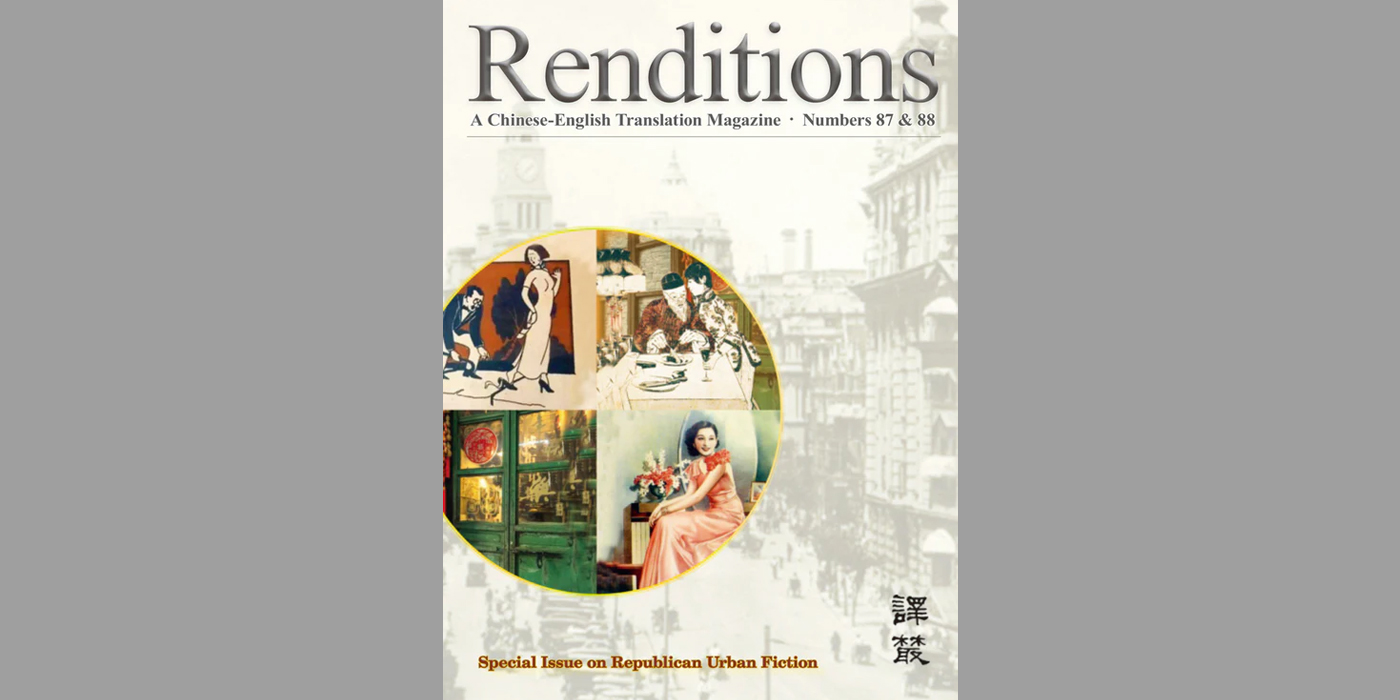
Significant changes in the global publishing industry made it harder for Renditions and its publication team to keep going. “Publications like ours have always relied on libraries as their main source of support,” notes Professor Huters. “With libraries being under financial constraints for the last 10 to 20 years, a lot of them had to cut their budget. As a result, we unfortunately lost a lot of circulation in that sector.”
Another reason for the closure of Renditions, according to the 78-year-old professor, was the difficulty of finding a suitable successor to carry it on. He does not believe that the rise of artificial intelligence and advanced technology will entirely supplant human translators, especially in literary translation.
“In the final issue, we farewelled our readers by inviting members of the editorial board to translate things that they particularly liked,” says Professor Huters. The 300-page valedictory edition comprises an extensive collective of pieces from the Song dynasty to the 21st century, including translations of an anthropomorphic biography by Song-dynasty poet Su Shi and five contemporary song lyrics by influential indie rock band Omnipotent Youth Society.
For his part, Professor Huters chose to translate “Guxiang” (故鄉), or “Home”, a short story by Lu Xun, a leading literary figure of Republican-era China, about returning to his rural hometown after many years away. “When I taught modern Chinese literature, I always tinkered with the translation of ‘Guxiang’. Every time I prepared, I got intoxicated by the story and therefore decided to translate it.” Here is his translation of the ending of “Home” in the 100th and final issue of Renditions:
In my blurry vision a patch of bright-green shoreline stretched out before me, above it a golden full moon hanging in the deep-blue sky. I thought: hope neither can be said to exist nor can it be said not to; it is like roads across the land – there were in fact none to begin with, but when many people pass by, a road is made.
While the journal has now completed its mission, Renditions Books, a hardback series also published by CUHK’s Research Centre for Translation — but with a more academic focus collecting essays, fiction, poetry and drama — will continue. The series’ latest publication, The Heroic Adventures of Qin Shubao from Forgotten Tales of the Sui, a historical fiction by Yuan Yuling translated by the sinologist Robert E. Hegel, appeared last December.
“I really enjoyed working at CUHK,” Professor Huters says. “I moved to Hong Kong when I was nine and spent four years living there. I really loved living there.” Thinking back on the journey of bringing the beauty of Chinese literature to the English world, Professor Huters says in Mandarin: “It has been a rewarding journey serving as the Chief Editor of Renditions. The publication has made significant contributions and its legacy will continue in the literary world.”
By Gillian Cheng
Early issues of Renditions which are out of print can be downloaded here for free. Other issues can be ordered on the Centre’s official e-bookstore.

